by Brooks Riley
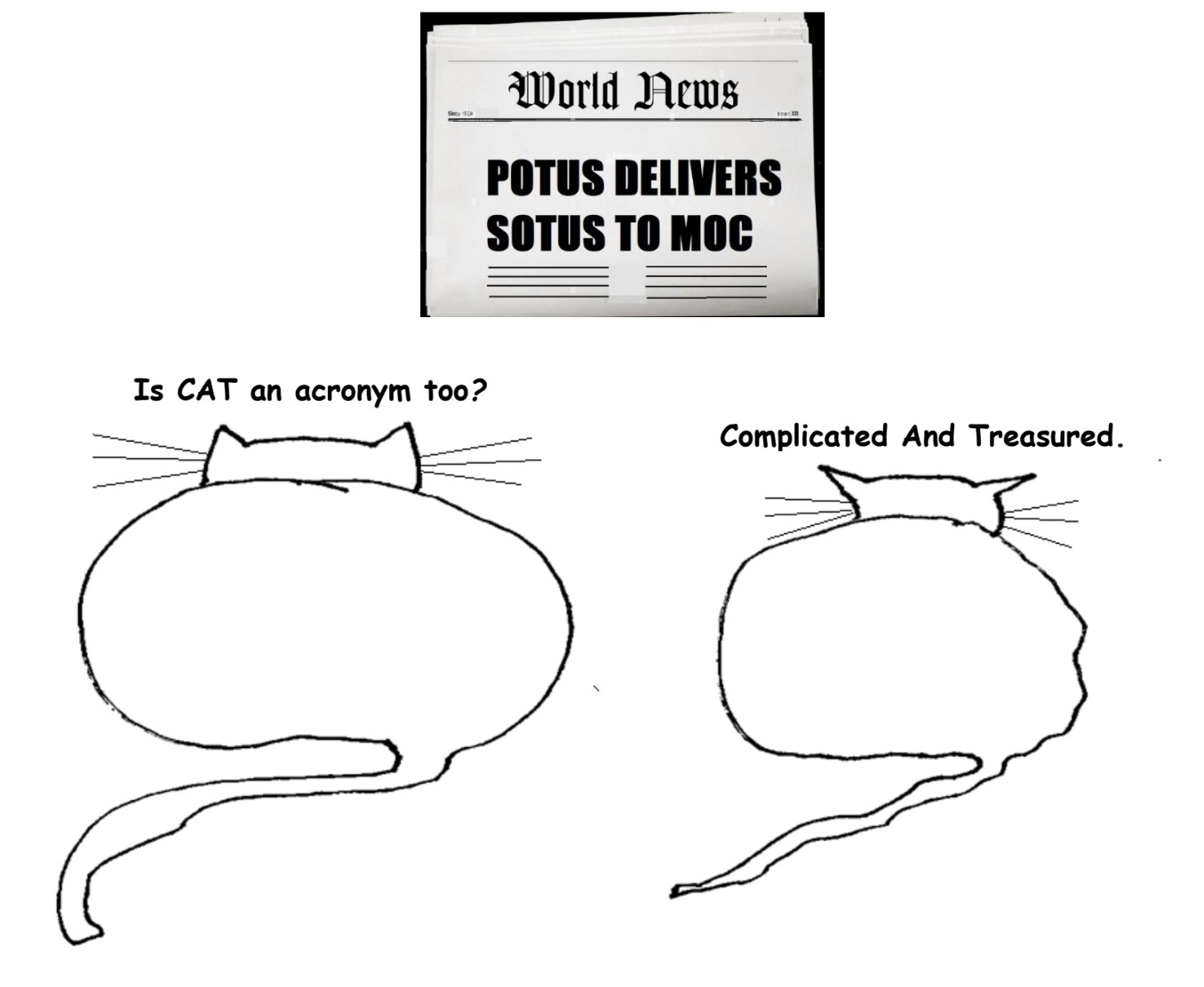
Though we are an aggregator blog (providing links to content elsewhere) on all other days, on Mondays we have only original writing by our editors and guest columnists. Each of us writes on any subject we wish, and the length of articles generally varies between 1000 and 2500 words. Our writers are free to express their own opinions and we do not censor them in any way. Sometimes we agree with them and sometimes we don’t.Below you will find links to all our past Monday columns, in alphabetical order by last name of the author. Within each columnist’s listing, the entries are mostly in reverse-chronological order (most recent first).
by Brooks Riley

by Mary Hrovat
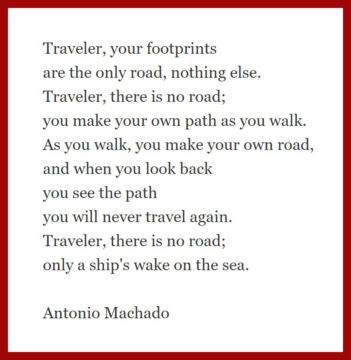 In The Art of Revision: The Last Word, Peter Ho Davies notes that writers often have multiple ways to approach the revision of a story. “The main thing,” he writes, “is not to get hung up on the choice; try one and find out. … Sometimes the only way to choose the right option is to choose the wrong one first.” I’m easily hung up on choices of all kinds, and I read those words with a sense of relief.
In The Art of Revision: The Last Word, Peter Ho Davies notes that writers often have multiple ways to approach the revision of a story. “The main thing,” he writes, “is not to get hung up on the choice; try one and find out. … Sometimes the only way to choose the right option is to choose the wrong one first.” I’m easily hung up on choices of all kinds, and I read those words with a sense of relief.
Interestingly, Davies puts this advice in the context of scientific experiments. He writes that an experiment that doesn’t yield the desired result is still valuable because you can learn from it. Not long after I finished The Art of Revision, I ran across very similar ideas in the context of learning game theory. Shengwu Li at Harvard tweeted his advice for second-year grad students who are working on his problem sets, which previous students have found to be emotionally stressful. He notes that one reason research is hard is that you don’t know the answer in advance. When solving problem sets, as in research, it’s important to be comfortable with uncertainty, to be willing to make guesses and see where they lead. Read more »
by Paul Braterman
 A friend just sent me a copy of materials that the Cornwall Alliance is sending to its supporters. Here is an extract [fair use claimed]:
A friend just sent me a copy of materials that the Cornwall Alliance is sending to its supporters. Here is an extract [fair use claimed]:
BE ARMED AGAINST THE DANGERS OF SCIENCE SO CALLED
Question any part of the climate-change “consensus” (how much climate change is going on, how much humans contribute to it, what if anything we should do about it), and you’re instantly declared “anti-science” or even a threat to the future of the human race.
But don’t be intimidated—or fooled. That response is itself anti-science. It is rhetoric designed to win not by persuading others but by silencing them.
And it arises not just about climate change. From good old Darwinism (goo to you by way of the zoo) and Malthusianism (population growth inexorably exceeds food production and causes a sudden die-off), to the Obama Administration’s insistence that employers must provide insurance coverage for contraception and abortion regardless of their religious conscience, and COVID-19 mask, social distancing, travel, church worship, and vaccine policies.
People in America and around the world are in danger of becoming slaves of scientism and scientocracy.
The rest of the piece is a blurb for an essay by John G West that forms part of a forthcoming book on CS Lewis and his views on the relationship between science and religion (science ought to know its place), leading up to an appeal for funds. The Cornwall Alliance is a charity under US law, rather than a political body, and contributions are tax-deductible.
Why am I bothering you with this nonsense? Two reasons. Read more »
by Mindy Clegg

I recently discovered a youtuber, Andy Stapleton. A former academic from a STEM field, his videos breakdown problems within academia and explores his perceptions of his failures in within that space. Although coming from a STEM field, his videos address academics across fields and he provides useful information for those within academia. But Stapleton is also a part of a new economic ecosystem that has grown up around the crises facing academics. As higher education continues to over-produce PhDs, many have sought to forge an alternative path that will allow them to continue in an intellectual stimulating professional life. This genre has become a new niche of the online info-tainment ecosystem. These intellectual influencers produce content for an audience that they hope will embrace and financially support their work.
Those who find themselves on the margins of the modern corporate university might find such an alternative attractive. But do we lose something in using social media to explore topics found in academia? Is it materially different from publishing books, journal articles, newspaper essays, or anything else that academics have done for years? Is it somehow less pure to fund intellectual pursuits via a combination of corporate or patreon sponsorships as opposed to from a university salary? The role of the public intellectual have been highly prized and being an intellectual influencer seems one such way to pursue that path. Where is the line between forging one’s own path and cynically trading knowledge for a paycheck (and is a university salary really any less fraught)? While we should interrogate how intellectually pursuits are funded, I argue that knowledge production is always historically situated. Much like art, there is no “pure” form of knowledge production, free of its historical context. Rather, knowledge production is shaped by the economic possibilities of the society in which it’s produced. Read more »
by David Greer

Camera in hand, nature photographer Myles Clarke walked along the pebble beach on South Pender Island watching for great blue herons, bald eagles, buffleheads, cormorants—any of the species likely to frequent waters close to the shore of a Salish Sea island on a summer’s day. He listened carefully for their familiar calls, but what he heard instead was plaintive cries unlike any bird’s, eerily like a child crying for its mother—“Ma-a-a! Ma-a-a!” Inexplicably, they seemed to be coming from the direction of a tiny islet in the bay, a hundred yards from shore, not the kind of place you’d expect to find a crying infant.
The source of the calls was indistinct against the black rock, so Myles pointed his 600 mm telephoto lens for a better look. What he saw was fascinating and unsettling. Three harbour seals were hauled out on the islet—a mother and her newborn side by side and, several feet away, a second pup, the source of the loud and piteous cries.
On return visits the next couple of days, Myles became increasingly concerned that the crying seal was in trouble. It seemed to approach mothers of other pups (there were several by now) as if attempting to suckle, and on each occasion the adult would chase the crying pup away and open its jaws as if threatening to bite. On the third day, the pup seemed to have become weaker and its cries fainter. Read more »
by Ali Minai
 Recently, I asked the students in my class whether they had used ChatGPT, the artificially intelligent chatbot recently loosed upon the world by OpenAI. My question was motivated by a vague thought that I might ask them to use the system as a whimsical diversion within an assignment. Somewhat to my surprise, every student had used the system. Perhaps I should not have been surprised given the volume of chatter about ChatGPT on my social media feeds and my own obsessive “playing” with it for some time after being introduced to it. There is clearly something about this critter that has been lacking in all the vaunted AI systems before it. That something, of course, is how well it fits in with the human need to converse. Very few of us want to play chess or Go with AI; generating cute pictures from absurd prompts is interesting but only in a superficial way; and generating truly complex art with AI is still not something that a non-technical person can do easily. But everyone can engage in conversation with a responsive companion – a pocket friend with a seemingly endless supply of occasionally quite interesting things to say. For all that it lives out in the ether somewhere, it seems pretty human. And this, let it be stated at the outset, makes ChatGPT an immense achievement in the field of AI, and truly a harbinger of the future.
Recently, I asked the students in my class whether they had used ChatGPT, the artificially intelligent chatbot recently loosed upon the world by OpenAI. My question was motivated by a vague thought that I might ask them to use the system as a whimsical diversion within an assignment. Somewhat to my surprise, every student had used the system. Perhaps I should not have been surprised given the volume of chatter about ChatGPT on my social media feeds and my own obsessive “playing” with it for some time after being introduced to it. There is clearly something about this critter that has been lacking in all the vaunted AI systems before it. That something, of course, is how well it fits in with the human need to converse. Very few of us want to play chess or Go with AI; generating cute pictures from absurd prompts is interesting but only in a superficial way; and generating truly complex art with AI is still not something that a non-technical person can do easily. But everyone can engage in conversation with a responsive companion – a pocket friend with a seemingly endless supply of occasionally quite interesting things to say. For all that it lives out in the ether somewhere, it seems pretty human. And this, let it be stated at the outset, makes ChatGPT an immense achievement in the field of AI, and truly a harbinger of the future.
What is ChatGPT – Really?
As anyone who has played with ChatGPT knows, it is a system that answers queries and carries on conversations – hence the term chatbot. In this, it is similar to Alexa, Siri, et al. But it is interesting to look a little more closely at how it works because that is key to its strengths and weaknesses. Read more »
by Raji Jayaraman

Scientists estimate that 1 in 6 bee species are extinct and 40 percent are at the verge of extinction due to habitat loss and pesticide use. The consequences are dire. Bees are major pollinators of food crops. Their extinction would threaten the earth’s ecosystem, and food chains upon which we all depend. Many of us already know this since bees have the dubious distinction of being extinction celebrities. But bees are only one part of the calamitous biodiversity loss the world has suffered in the last five decades. The World Wildlife Fund and the Zoological Society of London estimate, for example, that between 1970 and 2018, there was an average 69% decline in wildlife populations across the globe, and an 83% decline in global freshwater species. Scientists believe we are in the throes of a mass extinction (earth’s sixth), with species dying out at several hundred-fold their expected rate thanks to human activity.
Declines in biodiversity pose an existential threat to life on earth. We rely on biodiversity for our food, air, water, medicine, and almost everything else that we need to sustain humanity. Yet most people don’t even know what biodiversity means, let alone what to do about it. Definitions are a good place to start. According to the Convention on Biological Diversity, biodiversity refers to the “variability among living organisms from all sources including, inter alia, terrestrial, marine and other aquatic ecosystems and the ecological complexes of which they are part; this includes diversity within species, between species and of ecosystems.”
As a lay person, the only clarity this definition adds to the word itself is that biodiversity is complicated. Its complexity–arising from the scale and diversity of species, their interconnectedness, lack of data, and spatial as well as temporal heterogeneity–makes biodiversity a very difficult problem to model. There are 8.7 million species on earth. What happens when one of the 42,000 that feature on the IUCN’s red list of species threatened with extinction goes extinct? How much do we even know about any of them? What are the ripple effects of species extinction on the intricate web of life, locally, globally, today, and tomorrow? Read more »

My boat’s sail is the puffed dust of crescent moon
rigged on its mast at almost-opposite of noon
My boat & I once were moving slow,
but now we’re moving fast. My boat & I
are cruising into future from that which doesn’t last,
tacking through present redolent of night and day
which will last as long as it will last.
As long as it will last we’ll stay.
We’ll stay as long as we can stay,
my boat and I
Jim Culleny, © 3/3/21
Photo, Daily Mail
by Thomas R. Wells
It is easy to become exasperated with liberal democracy. Various factions bicker and manoeuvre against each other in an endless grubby contest for power, hypocritically appealing to a shared public interest while continuously generating and sustaining social divisions. Things that are necessary – like addressing climate change – do not get done, lost amidst the endless dithering, quibbling, and bargaining for advantage. Things that should not be done – like deporting UK asylum applicants to Rwanda – become official policy against all common sense and multiple laws, seemingly mainly as a way of trolling the opposition and civil society.
So it is disappointing but perhaps not surprising that people around the world are increasingly likely to endorse the strongman theory of government, that “a strong leader who does not have to bother with parliament and election is a good way to run the country”.

Strongman government has two major attractions compared to liberal democracy. First, it promises wise and benevolent rule: undistracted by factions motivated by political interests the strong leader will be freed to make wiser, better decisions in the national interest. Second, it promises decisiveness: without the endless bickering and second guessing, strong leaders can get on and do what needs to be done.
In what follows I want to challenge these apparent advantages and show that the very failings of liberal democracy are actually the solution to the problems that strongman governments run into. Read more »
 Sughra Raza. Untitled. Rwanda, January 2023.
Sughra Raza. Untitled. Rwanda, January 2023.
Digital photograph.
by Joseph Shieber

I’ve finally gotten around to reading Tim O’Brien’s The Things They Carried.
One aspect of the book that makes it so great is the way that O’Brien makes the challenge of the ineffability of his – and his comrades’ – war experiences part of the book itself. For example, he writes:
In many cases a true war story cannot be believed. If you believe it, be skeptical. It’s a question of credibility. Often the crazy stuff is true and the normal stuff isn’t, because the normal stuff is necessary to make you believe the truly incredible craziness. In other cases you can’t even tell a true war story. Sometimes it’s just beyond telling.
Reading the book in this way reminded me of the brilliant poem by James Fenton, “A German Requiem” (from The Memory of War and Children in Exile, Penguin, 1983). Read more »
by Jochen Szangolies

TWA Flight 702 left New York at 7 AM on Monday, Feb. 4 1974, to arrive in London at 7 PM—some 40 minutes early. We know this thanks to the meticulous note-taking habits of visionary physicist John Archibald Wheeler, coiner of such colorful terms as ‘quantum foam’, ‘wormhole’, ‘superspace’ and ‘black hole’.
Wheeler spent the flight occupied with what he is perhaps best remembered for: pondering his ‘Really Big Questions’ (RBQs), among which we find perennial mysteries such as ‘How come existence?’ or ‘What makes meaning?’. The RBQ that occupied Wheeler on this particular day, however, was one that in many ways lay at the nexus of his thought: ‘Why the quantum?’
Wheeler had been a student of Bohr and Einstein, and thus, had learned about quantum mechanics straight from the horse’s mouth. Yet, he would struggle with the implications of the theory for the rest of his life, referring to the fundamental indefiniteness of its phenomena as the ‘great smoky dragon’. He was searching for a way to dispel the smoke, and in the note composed on Flight 702, draws a surprising connection to another remote frontier of human understanding—the phenomenon of mathematical undecidability, as discovered in 1931 by the then-25 year old logician Kurt Gödel. (The note itself is available online at the John Archibald Wheeler Archive curated by Baruch Garcia.)
At first sight, one might suppose this connection to be little more than a kind of ‘parsimony of mystery’: in substituting one riddle for another, the total number of unknowns is reduced. Indeed, the idea of ripping Gödel’s result from the austere domain of mathematical logic and injecting it into physical theory is controversial—earlier, during the writing of his magisterial textbook on General Relativity, Gravitation, with Charles Misner and Kip Thorne, Wheeler had confronted Gödel himself with the idea, who did not react too enthusiastically. Read more »
by Brooks Riley
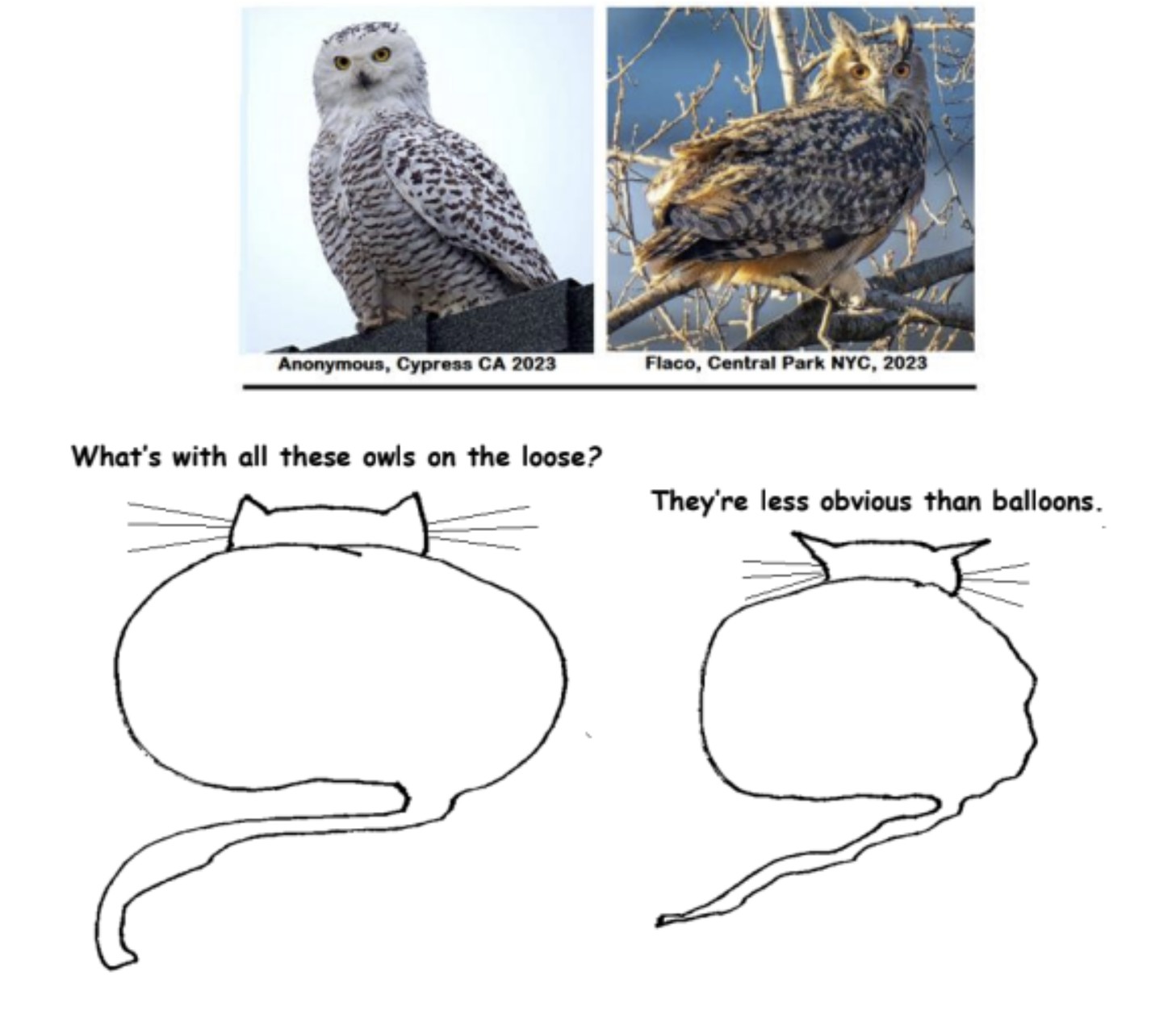
by Rebecca Baumgartner

The cultural cachet of classical music and the countercultural tone of metal music would initially seem at odds with each other – one represents the Man, the other rails against him. Even many of the aficionados of both types of music would agree with that assessment. However, the listener unencumbered with such stereotypes can appreciate the similarities in both genres of music, similarities both of musical form and structure, as well as in the subjective experience of the listener.
There are many technical similarities between classical music, especially music from the baroque period, and metal, which others more versed in music theory are better qualified than I am to discuss. At a fundamental level, both types of music are interested in exploring complexity. Sometimes this can appear like complexity for the sake of complexity, giving us the negative connotations of the word “baroque” (as in “the baroque language of government documents”). However, both the best baroque music and the best metal put their complexity to work in the service of building a musical architecture, an abstract structure that keeps the brain in motion, trying to work out how the pieces fit together.
Examples are numerous, so to narrow the field a bit, I want to focus on two concepts that are critical in creating that complexity, and how it makes both types of music more intellectually satisfying and fulfilling than your standard Top 40 hits. Those concepts are counterpoint and movement. Read more »
by Fabio Tollon

We take words quite seriously. We also take actions quite seriously. We don’t take things as seriously, but this is changing.
We live in a society where the value of a ‘thing’ is often linked to, or determined by, what it can do or what it can be used for. Underlying this is an assumption about the value of “things”: their only value consists in the things they can do. Call this instrumentalism. Instrumentalism, about technology more generally, is an especially intuitive idea. Technological artifacts (‘things’) have no agency of their own, would not exist without humans, and therefore are simply tools that are there to be used by us. Their value lies in how we decide to use them, which opens up the possibility of radical improvement to our lives. Technology is a neutral means with which we can achieve human goals, whether these be good or evil.
In contrast to this instrumentalist view there is another view on technology, which claims that technology is not neutral at all, but that it instead has a controlling or alienating influence on society. Call this view technological determinism. Such determinism regarding technology is often justified by, well, looking around. The determinist thinks that technological systems take us further away from an ‘authentic’ reality, or that those with power develop and deploy technologies in ways that increase their ability to control others.
So, the instrumentalist view sees some promise in technology, and the determinist not so much. However, there is in fact a third way to think about this issue: mediation theory. Dutch philosopher Peter-Paul Verbeek, drawing on the postphenomenological work of Don Ihde, has proposed a “thingy turn” in our thinking about the philosophy of technology. This we can call the mediation account of technology. This takes us away from both technological determinism and instrumentalism. Here’s how. Read more »
by Michael Abraham
The shower is running. It has just begun to steam up the little bathroom in my little apartment, and I reach into it, turn the dial from all-the-way-hot to almost-all-the-way-hot. I step into the spray of the water, and I discover that, instead of almost-all-the-way-hot, I have turned the dial to nearly-tepid. I turn it back toward all-the-way-hot, and, almost immediately, I feel it scald my chest. I fuss with it. I fuss back and forth with the dial in my shower, and, as I do so, I think of you, whoever you are, whoever you are reading this essay or whoever you are who is not reading this essay and never will. I think of you, out there, in your bathroom, taking a shower in the early afternoon on a lazy day off, fussing with the dial or the handles or whatever contraption it is that controls the heat in your shower, finding yourself now scalded, now freezing. I think of you, of how we have this experience in common—this bare, quotidian experience that means nothing on its surface, that is easily forgotten in the moments after it happens, for it happens so frequently and with such little fanfare. I am thinking of you as I pick up the bar soap and soap my body. I wonder if you use bar soap, too, or if you are a shower gel kind of person. I feel fairly confident we share the experience of shampoo, but I reflect that not everyone conditions as I condition my hair. When I step out of the shower and am met with a bathroom that feels much more bracingly cold than it did when I stepped into it, I think of you as well, at how the hairs on your arms raise just like mine.
You see, I have been thinking of you a lot these days. I have been thinking of all the small, seemingly menial things that happen to me that also happen to you, of the way you swear under your breath when you burn the rice—how you cut your finger on the corner of the page of a book—how you are enchanted for a moment by a gust of wind and brought back to memories of playing in leaves as a child—how you make too much coffee and then drink too much coffee and then find yourself with a stomach ache and a buzzing mind. Read more »
by Derek Neal
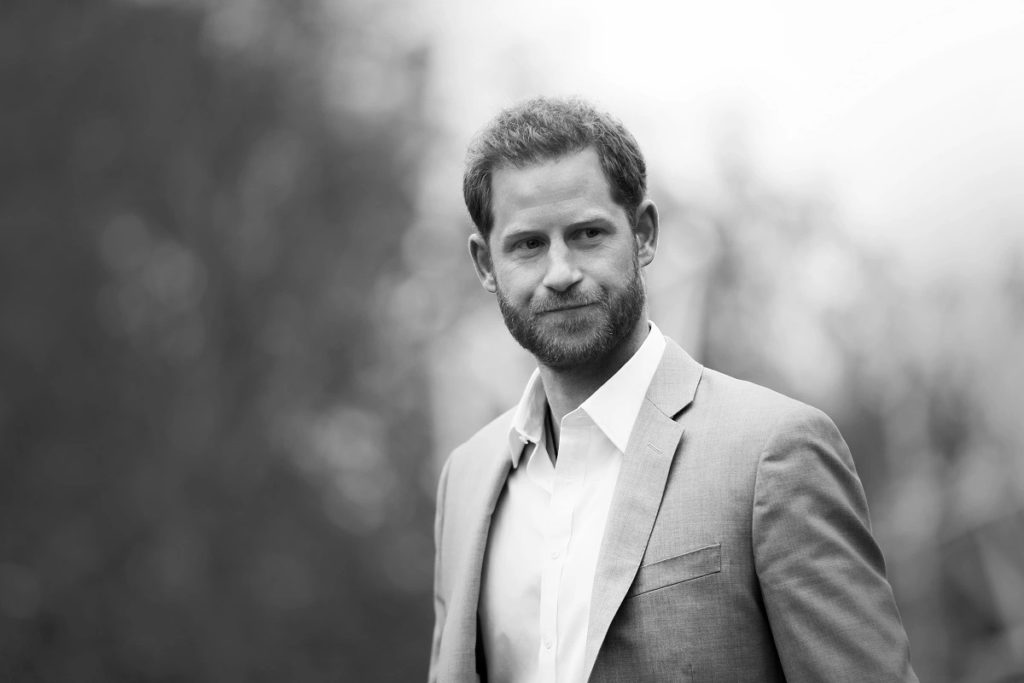 If Joan Didion were alive today, she might write an essay about Prince Harry and include it in an updated version of Slouching Towards Bethlehem. She might write a passage like the one she wrote about Howard Hughes:
If Joan Didion were alive today, she might write an essay about Prince Harry and include it in an updated version of Slouching Towards Bethlehem. She might write a passage like the one she wrote about Howard Hughes:
That we have made a hero of Howard Hughes tells us something interesting about ourselves, something only dimly remembered, tells us the secret point of money and power in America is neither the things that money can buy nor power for power’s sake (Americans are uneasy with their possessions, guilty about power, all of which is difficult for Europeans to perceive because they are themselves so truly materialistic, so versed in the uses of power), but absolute personal freedom, mobility, privacy. It is the instinct which drove America to the Pacific, all through the nineteenth century, the desire to be able to find a restaurant open in case you want a sandwich, to be a free agent, live by one’s own rules.
Didion’s comment about finding a restaurant open for a sandwich comes from a remark she’d heard as an explanation for Hughes buying up real estate in Las Vegas. It may seem a bit much to procure a whole town as a way of ensuring you can get a bite to eat at 3 pm in the afternoon, or 3 am in the morning, but have you ever been to Europe? My first experience of Europe was a year abroad studying in Nice, France. One day, I planned to get together with an American friend for lunch. We figured we’d meet up in the old city center, walk around a bit, then pick a place that looked good. As it happened, we were both running a little late, then we strolled around a bit too long, and finally we walked into a restaurant at about, well, 3 pm. Ever the innocents abroad, we had yet to realize our fatal error. The restaurant was deserted, and we had difficulty finding someone who worked there. Eventually, we did. After we bumbled along in our best French, asking if we could eat there and feeling confused as to why we had to ask, the proprietor cast his cold gaze upon us and proclaimed that, in France, restaurants close between lunch and dinner time. The kitchen, he said, is closed. We were stunned. Were the social conventions truly so strong that they couldn’t be amended for us, two Americans, who just wanted something to eat and secretly felt that we deserved something to eat, as well? Were we really going to be turned away? We had money, after all. Read more »
by David Kordahl
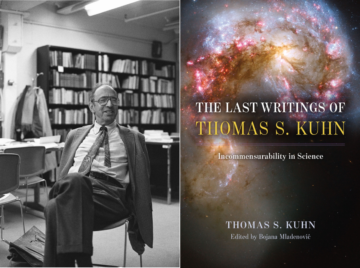
Thomas Kuhn’s epiphany
In the years after The Structure of Scientific Revolutions became a bestseller, the philosopher Thomas S. Kuhn (1922-1996) was often asked how he had arrived at his views. After all, his book’s model of science had become influential enough to spawn persistent memes. With over a million copies of Structure eventually in print, marketers and business persons could talk about “paradigm shifts” without any trace of irony. And given the contradictory descriptions that attached to Kuhn—was he a scientific philosopher? a postmodern relativist? another secret third thing?—the question of how he had come to his views was a matter of public interest.
Kuhn told the story of his epiphany many times, but the most recent version in print is collected in The Last Writings of Thomas S. Kuhn: Incommensurability in Science, which was released in November 2022 by the University of Chicago Press. The book gathers an uncollected essay, a lecture series from the 1980s, and the existing text of his long awaited but never completed followup to Structure, all presented with a scholarly introduction by Bojana Mladenović.
But back to that epiphany. As Kuhn was finishing up his Ph.D. in physics at Harvard in the late 1940s, he worked with James Conant, then the president of Harvard, on a general education course that taught science to undergraduates via case histories, a course that examined episodes that had altered the course of science. While preparing a case study on mechanics, Kuhn read Aristotle’s writing on physical science for the first time. Read more »